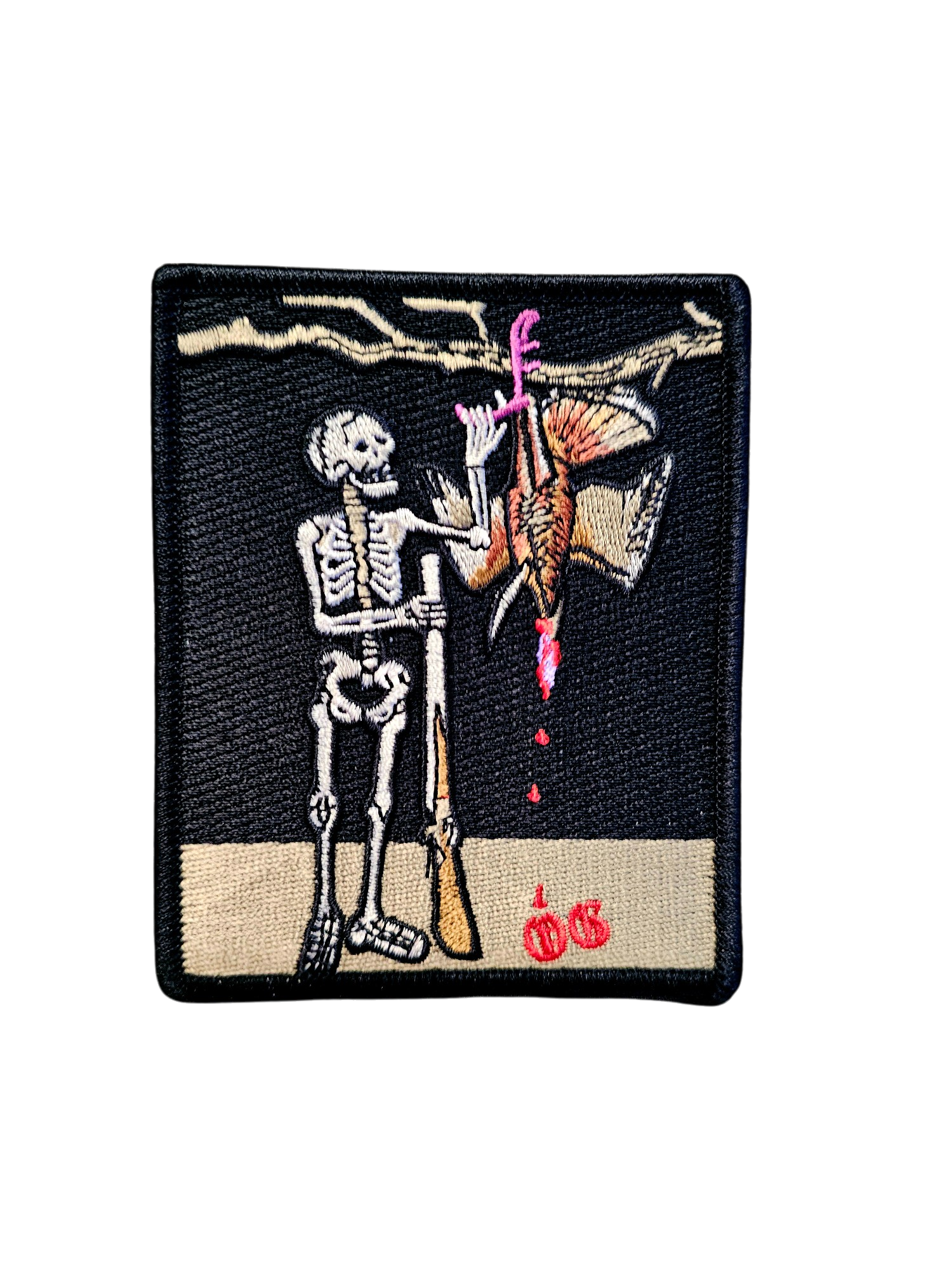        |
Going from good caller to great callerStarted by chow hound, June 01, 2015, 04:52:22 PM Previous topic - Next topic
User actions
|
        |
Going from good caller to great callerStarted by chow hound, June 01, 2015, 04:52:22 PM Previous topic - Next topic
User actions
|